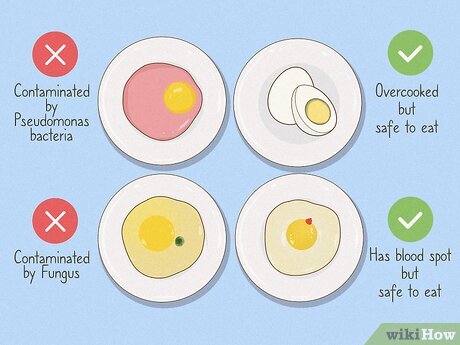 So Ramadan is already in and you’re thinking… How to stay healthy? If you want to avoid fasting headaches, weight gain and hunger pains read on for some tips on how to stay healthy this Ramadan.
So Ramadan is already in and you’re thinking… How to stay healthy? If you want to avoid fasting headaches, weight gain and hunger pains read on for some tips on how to stay healthy this Ramadan.
1. Don’t skip suhur. This will help you avoid getting hungry during the day. Try to eat complex carbs and proteins at suhur, they take much longer to digest and this will effectively keep you feeling fuller for longer. Good options include yogurt parfaits, dried fruits, scrambled eggs, dates, raw nuts, labneh with whole grain breads and fiber cereals such as all bran.
2. Avoid processed foods. Processed foods tend to be high in calories, high in sodium and low in nutrients, what I like to call a nutritional disaster! When fasting you only have a few hours to nourish yourself so don’t fill up on these empty calories. Foods high in sodium and salt also tend to make you thirsty and let’s face it, thirst is a highly unpleasant feeling when you have a long hot day of fasting ahead of you!
3. Eat your fruits and veggies. Make sure half your plate at iftar is full of vegetables, make fruit smoothies for dessert and suhur! Being Lebanese I know how important it is to have fattoush on the table every single day, if you do this too then I commend you! Vegetables are full of nutrients and fiber that will help keep you healthy and regular while fasting. Since time is of the essence in Ramadan, smoothies are another wonderful way of filling up on fruit and much needed fiber and vitamins…they are also a healthy way of staying well hydrated!
4. Avoid Indigestion. Eat your salad first, chew your food well and don’t eat too much of a variety. Eating salad first will help prime your stomach after a long day of fasting. I know how difficult it is to eat slow when breaking your fast, but take it easy the food isn’t going anywhere! During Ramadan, Arabs tend to outdo themselves by cooking too many varieties of food (you’re ALL guilty of this!). Quality over quantity definitely applies here; avoid eating too much variety so you don’t end up suffering from bloating and indigestion.
5. Wait 10 minutes before second helpings. It takes the body around 10 minutes to efficiently signal satiety cues to our brain (cues that signal you are full). During this time we all risk overeating. At iftar, put yourself one full plate of food (instead of nibbling little by little) and once your plate is finished wait 10 minutes before opting for second helpings. This will help you make a better decision on how much to eat and whether or not you are full.
6. Skip dessert every second day. I know this tip is a long shot for most, and telling you to skip dessert all together would be borderline cruel so I didn’t…but give it a shot, your waistline can thank me later! This will help you cut back on unnecessary calories and hopefully prevent weight gain.
7. Drink lots of water. Invest in a good water bottle, keep it filled and within arm’s reach from iftar until bedtime/suhur to avoid dehydration and fasting headaches. You only have a few hours to get all the water you need for the day and replacing water for other fluids such as juice and pop can put you at risk for dehydration and fill you with empty sugary calories (unless it’s a homemade smoothie, in which case go for it!). Keep your water bottle close and you’ll be surprised at how much water you can drink!
8. Limit the caffeine. Or better yet, skip it entirely. Coffee is a diuretic and causes you to lose more body fluid than necessary. I know I know, the truth is difficult to hear sometimes and trust me, for a coffee fanatic such as myself it’s even harder to say. Remember, you have limited time each day to drink the amount of fluids necessary to maintaining good health and you can’t afford to lose extra water during these hot summer days. Staying hydrated is very important.
9. Take a walk. Or a run, whatever floats your boat. Research shows that all it takes is 30 minutes of exercise a day to maintain good health. During the daylight hours in Ramadan most of us tend to lie around and do nothing (guilty) because let’s be honest, what’s life without food? So, why don’t you try balancing out your sluggish days by taking a stroll each evening?
10. Take multivitamins. If you can’t get enough food into your day…or night rather, then make sure to supplement your diet with a good multivitamin. This will help you avoid vitamin and mineral insufficiencies and deficiencies.
We hope these tips will help you eliminate discomfort and optimize health during this holy month, giving you more time to engage in spiritual activities and reap the religious benefits.
10 Health Tips to a happier Ramadan




